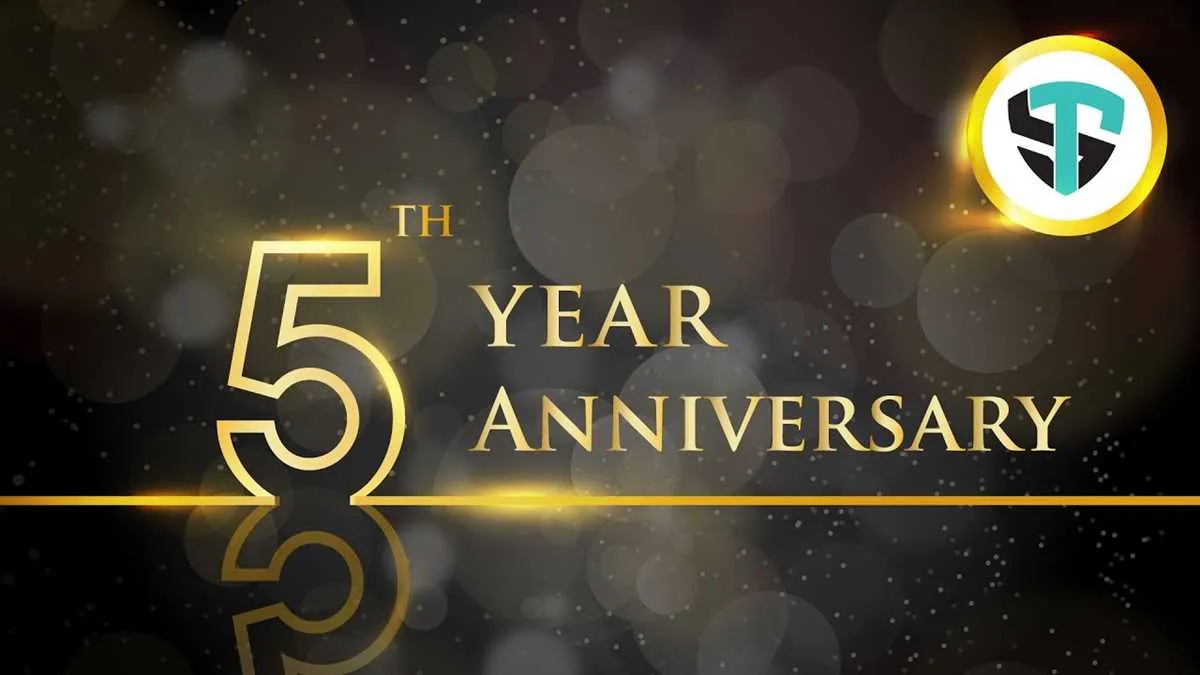Thoughtful Message Ideas to Celebrate a Coworker’s 5 Year Work Anniversary

Congratulate them directly. “Five years already–what a milestone!” Start with a sentence that shows appreciation and recognition. A specific mention of their contributions makes it personal. For example: “Your attention to detail during last year’s product launch made a real difference.”
Add one shared memory. Think of a project, a stressful deadline, or a team lunch that stood out. Mention it briefly: “I still remember how we stayed late that Thursday night, troubleshooting bugs and eating cold pizza–it paid off.”
Point out their growth. Mention a skill they’ve developed or how their role has expanded. Keep it factual and sincere: “You’ve gone from managing reports to leading the team, and that’s been great to watch.”
Close with a warm wish. Keep it short and authentic: “Here’s to more great years ahead–working with you makes Mondays easier.”
Avoid generic praise. A message that sounds like it could apply to anyone won’t have the same effect. Be specific, honest, and make it feel like it’s written for them–because it is.
5 Year Anniversary Message to Coworker
Thank your coworker by pointing out one specific project or achievement where their input made a measurable difference. For example: “Your work on the Q4 restructuring saved the team over 60 hours of manual tracking. That kind of impact sticks with people.”
Use a tone that matches your relationship–casual for peers, more polished if there’s a reporting line involved. A personal touch like an inside joke or shared memory adds authenticity: “I still laugh thinking about that fire drill when we accidentally locked ourselves out with the coffee tray.”
Avoid generic praise. Be direct. Say what they bring to the team that no one else does. “You’re the only person I know who can explain a financial model and make it sound like a campfire story.”
If you’re writing a card or a short email, 3-4 lines are enough. Close with a line that looks ahead: “Here’s to another five years of breaking spreadsheets and fixing them together.”
How to Reflect on Shared Achievements Without Sounding Formal
Mention a specific win and link it to a real moment. For example: “Remember when we stayed until midnight reworking the client pitch, then they approved it the next morning? Totally worth the cold pizza.” This grounds the memory and avoids sounding rehearsed.
Keep the tone light by using everyday language. Replace phrases like “It was an honor” with “That was wild–but we pulled it off.” You’re celebrating, not writing a speech.
If you’re texting or chatting, skip greetings and get to the point: “Still proud of how we got the onboarding app running in half the time. You made that happen.” It’s quick, clear, and personal.
End with something forward-looking but casual: “Can’t wait to see what trouble we get into next quarter.” This keeps the mood relaxed and sets a friendly tone for what’s ahead.
What Tone to Choose When Writing for Different Workplace Cultures
Match the tone to the company’s communication style. Review past internal messages or leadership emails to guide your choice. Here’s how to adapt tone based on specific workplace types:
- Corporate environments (finance, law, insurance): Use concise, formal language. Avoid slang or emojis. Focus on professionalism, clarity, and a respectful tone. Acknowledge achievements without exaggeration.
- Creative industries (marketing, design, media): Opt for a casual, upbeat tone. Humor, emojis, or creative language may be welcome. Keep it personal but not overly familiar unless the culture clearly supports it.
- Tech startups: Balance informality with purpose. Light jokes, memes, or references to shared team experiences are usually appreciated. Still, be mindful of inclusivity and clarity.
- Non-profits and education: Focus on warmth and sincerity. Use appreciative, encouraging language that reflects the mission-driven nature of the work. Avoid jargon or stiff formality.
- Remote or international teams: Stick to clear, neutral language. Avoid idioms or cultural references that may not translate well. Use humor carefully and clarify intentions to prevent misunderstandings.
Before writing, consider how your coworker typically communicates and how your message might be received within the team. Let tone reflect shared values, not just personal style.